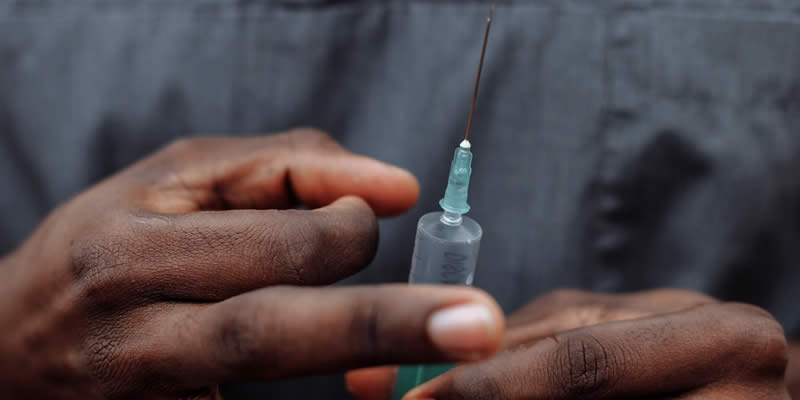Tackling the nation’s vitamin D deficiency could help fight COVID-19 over the winter months, experts have said.
A group being led by Dr Gareth Davies, a medical physics researcher, is urging Government ministers to start adding vitamin D to common foods such as bread and milk to ensure members of the public are receiving adequate amounts.
Studies have suggested that low levels of the vitamin, which are produced in response to sunlight exposure, might increase the risk of catching coronavirus and then becoming seriously ill from it.
Spanish researchers recently discovered that 82% of people with COVID-19 admitted to hospital were vitamin D deficient. However, there have been other bodies of research which has shown that vitamin D has absolutely no effect on coronavirus.
Dr Davies said: “In my opinion, it is clear that vitamin D could not only protect against disease severity but could also protect against infection. Food fortification would need careful planning to be rolled out effectively, particularly as people are now taking supplements. Picking the right foods to fortify would need to be done carefully.”
Professor Adrian Martineau, professor of respiratory infection at Queen Mary University in London, is leading a study into looking whether vitamin D might play a role in preventing severe COVID-19 symptoms.
In the community:
He said: “The government recommends that the whole population takes vitamin D supplements in winter months, and those in high risk groups take it all year round.
“But we know that people just aren’t doing that in any significant numbers. Even I forget to take my supplement sometimes, and I’m living and breathing this subject. Fortification is a really good way of eliminating deficiency.”
A Department of Health and Social Care spokesperson said: “Companies are free to fortify food products with Vitamin D and already do so for a number of foods, including many breakfast cereals. Public Health England advises people to take a Vitamin D supplement during the autumn and winter and this is particularly important this year as many people may have spent more time indoors due to COVID-19.”





